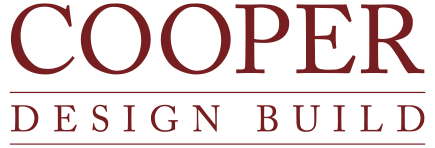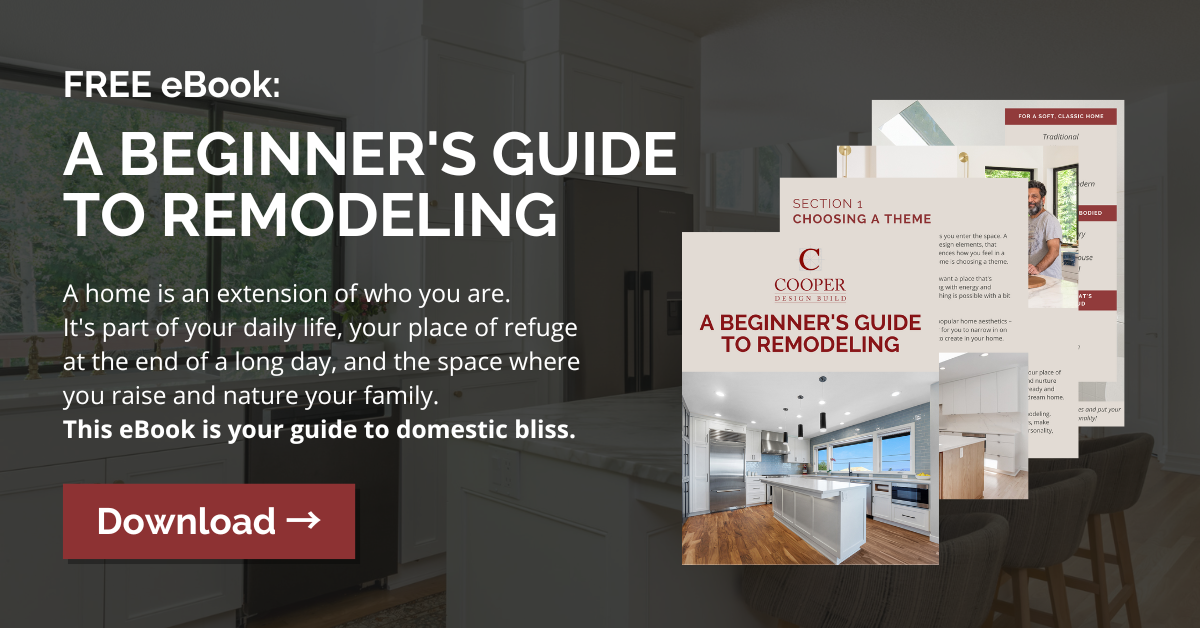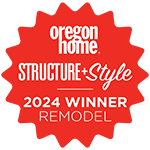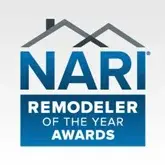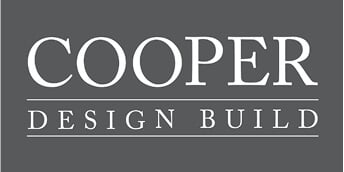You love your home and neighborhood, but it may not fit all of your needs and tastes. The bathroom is dated. The kitchen doesn't flow. Most people don’t have enough cash sitting around to pay for a major home addition or remodel — although that’s probably the best way to finance such a project — so they need to explore the options available for construction loans to remodel.
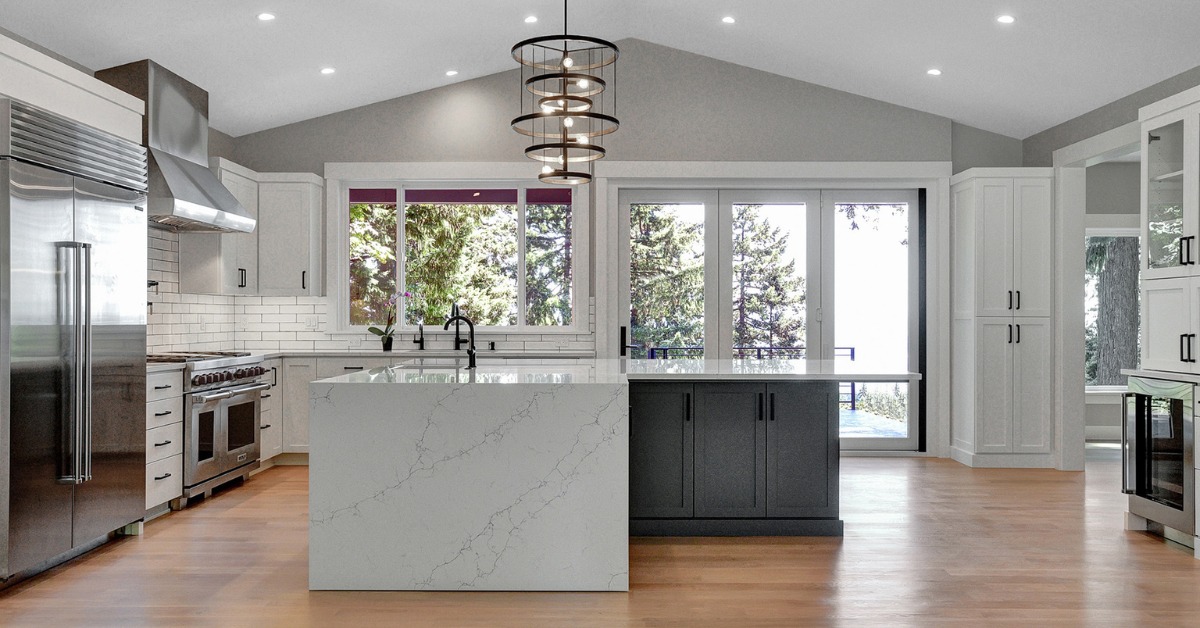
With many lenders offering a variety of possible ways to borrow money, the options can be overwhelming. Here are some basic choices to help you begin planning. You’ll need to look at your own situation and see which option fits best.
The factors that will affect the route you choose to finance your home remodel include:
-
Your project's likely cost
-
Your home equity
-
Your credit score
-
Your income
-
The timeline for your remodel
-
How quickly you need funds
-
Your tolerance for legwork
Cash-Out Refinance
Refinance your home and take out cash for your remodel. It may make sense to refinance your home anyway to take advantage of interest rates that are lower than what you’re paying and if your home is worth substantially more now than what you still owe on it. For example, if you owe $250,000 on a home worth $450,000, you could take out a loan for $350,000, replacing the original loan and getting back $100,000 (minus fees) at closing.
The cash-out refinance can give you access to larger amounts of money than other loan options, and it has a fixed interest rate that you can count on. However, these loans come with hefty closing costs, and the application process takes time and lots of paperwork, similar to a first mortgage.
Home-Equity Loan
These loans, which can be called second mortgages, use your house as collateral. You will need to have built-up equity in your home against which to borrow. Lenders usually limit the amount you can borrow to 80 percent of your home’s appraised value minus the amount you still owe on your mortgage. So, for example, if your house is worth $450,000, and you owe $300,000, you can borrow up to $60,000. Home-equity loans typically have 5-year to 15-year terms, although longer terms are available. They work well when you need all the money at one time.
Home-equity loans usually close relatively quickly, have fixed interest rates, and have lower closing costs than cash-out refinancing. But the rates are higher than refinancing, and the amounts available might not be large enough to cover a major remodel.
Home-Equity Line of Credit
A home equity line of credit (HELOC) works something like a credit card, using your home as collateral. Your lender will give you a borrowing limit, and you can take out the money as you need it for your projects. As you pay off some of your debt, your available credit rises, and you can dip into it again. Some lines of credit require you to pay only on the interest in the first phase of the loan, and then in the second phase, you can no longer draw from the line and must pay off the interest and principal before the term expires. These loans are helpful when you don’t need a lump sum all at once but will require money at intervals over a longer period of your project.
Home-equity lines of credit have adjustable interest rates, usually tied to the prime rate, and they have low or no closing costs. Variable interest rates are attractive at first, but there’s no guarantee they won’t rise. Also, some lenders require an initial draw from the line of credit at closing, so read the fine print.
Home Improvement Personal Loan
A personal loan for home improvement is another option if none of these is quite the right fit. These are sometimes called unsecured loans because you aren't using an asset as collateral. Because these loans contain significantly more risk for the lender, you'll see a higher APR and shorter payback periods than the other options we've discussed, which is why we've listed them first.
Serious about designing and executing the perfect residential remodel in Portland? Let's talk!
